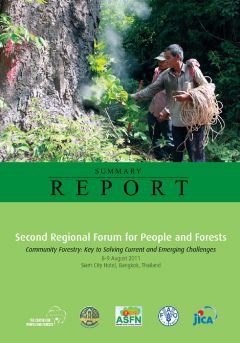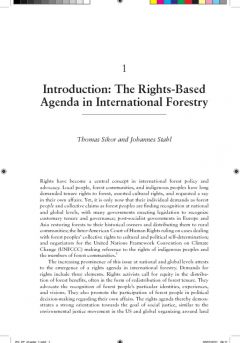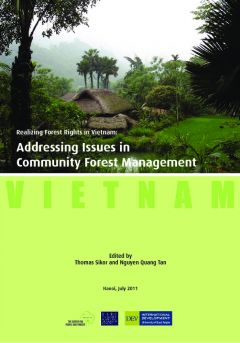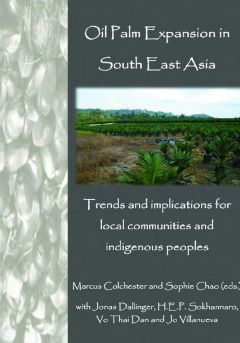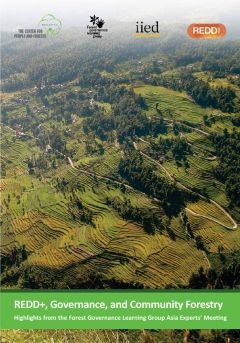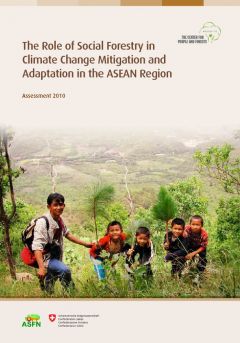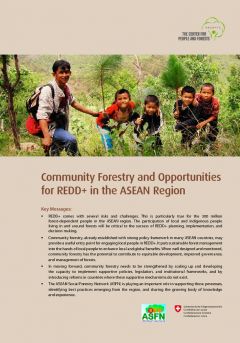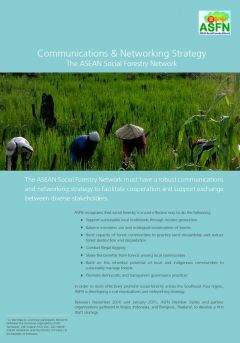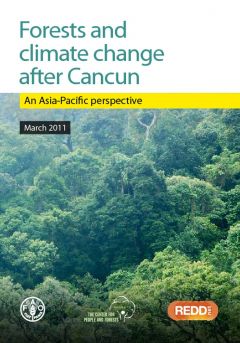Market Research and Enterprise Development for Community Forestry in Myanmar
... Pyoe Pin is a programme aimed at strengthening civil society in Myanmar. The programme is supported by DFID, the British Department for International Cooperation and implemented through the British council in partnership with local NGOs. Community Forestry (CF) is a key element of the programme, as it is seen as pathway to increasing the participation of civil society in influencing policy and practice with regards to communities. access and sustainable use of forestry land. CF can also improve forestry conservation and enhance the livelihoods of
communities.


